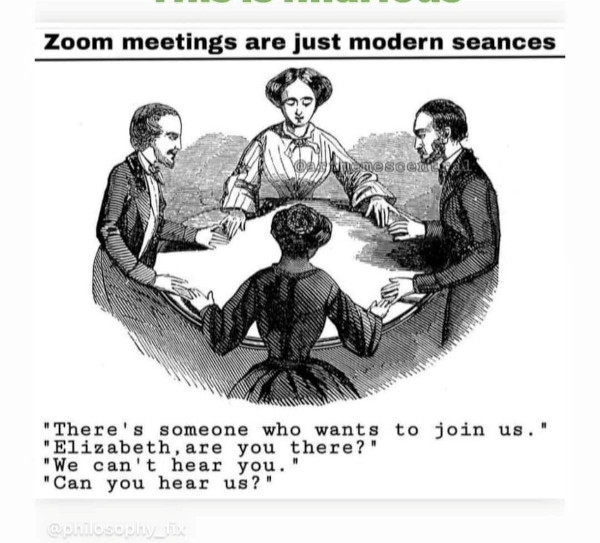[Image by Gerd Altmann from Pixabay]
Good morning,
A few days ago, we had touched upon Perform under Pressure by Ceri Evans. On revisiting the book, we figured, there is an interesting element to it that Evans highlights and attempts to address upfront. When people speak about pressure, what are we to make of pressure? What does it mean? And how are we to examine it?
“Pressure is confronting. It can smack us in the face. The sharp edge of reality has a way of cutting our fantasies to shreds. Pressure is universal. No matter what our level of performance, we all fall victim to it in the same ways.
“Pressure is real. What happens inside our heads and bodies—anxiety, tension, frustration, exasperation, foggy thinking, tunnel vision—is not imagined. And when it comes to the effects of pressure, there is no immunity. Pressure is a mystery.
“The simple rules of the external world of cause and effect don’t hold. The mental world is a non-linear, invisible, cryptic one, where our unconscious often lurks in the background with sinister intent. With success within their grasp—and therefore also the prospect of failure—some people suddenly collapse under pressure, and we don’t really understand why. Because the mental world seems hard to comprehend, many people don’t make an effort to do so. The very thing that is the most variable, and has the greatest impact, is the least pursued.
“Pressure is captivating. Tight sporting contests, precarious business decisions and tense armed stand-offs seem very different situations, but they draw us in for the same reasons. We don’t know how they will turn out, and the outcome matters. Predictability is boring and, especially when the stakes are high, unpredictability is thrilling.
“Pressure is perilous. The knife-edge, risk–reward seesaw explains why many people do everything they can to avoid or escape from stressful situations.
“But a minority of people do the opposite. They walk towards these moments of truth, seeking the things they also fear.
“Pressure can be an incredibly sobering, painful or even crushing experience, from which we may struggle to recover, or a stirring, heartening one, which resets our life trajectory upwards.”
Have a good day!
In this issue
- How technology works
- An economy of secrets
- The evolution of Zoom
How technology works
Fiftytwo.in has a fascinating story of how Indian cinema projection switched from film to digital through the eyes of projectionists who lived through the change. It’s of interest not only to film buffs, but also to people who are interested in change in general. It’s never smooth. The extract below also has an interesting use case for films that bombed at the box office. The story is by Vinay Aravind, a freelance writer and photographer.

[Image from pixabay]
In this section he writes about a projectionist called Sebastian CV who now works as an operator at Surabhi Theatre in Chalakudy, in central Kerala.
“In the early days of digital, when his theatre received the print via satellite, things were not as smooth for Sebastian. On days when it rained, the connection could be notoriously unreliable. ‘Sometimes, the download would fail. I’d have to rush to the nearest theatre with a USB drive, copy the file from them and bring it back,’ Sebastian told me.
“He currently works as an operator at Surabhi Theatre in Chalakudy, in central Kerala. He laughed when I asked him if he missed the good old days of film. ‘I’m very happy,’ he said. ‘Digital is pretty easy. We have a UPS, air conditioning. Stress is less. The early 1.3K projectors had some issues but I’ve been working with 2K projectors for eight years now and there’s not been a single show break.’
“‘Look at how picture quality has now improved,’ Sebastian explained. ‘In the early days with 1.3K, it was quite poor. Then 2K came along and now there’s 4K. The best part is that it looks as good on the hundredth day as it does on the first day.’ This marks a change from the days of film. Celluloid is tactile and delicate—every run through the teeth and sprockets of the projector would cause some level of wear and tear.
“‘Once we’d install a sound system, we’d call the nearest producer for the cans of a flop film,’ Mohan Balaji from Coimbatore, who used to install sound systems and projectors in theatres across south India for Photophone, told me. ‘Those would have the best prints because they wouldn’t have been through the projector too many times. They were the best to test our systems on.’”
Dig deeper
An economy of secrets
What if you’re broke, out of a job, have kids to care for and bills to pay? Where is the money to come from? Even as you’re fretting about how to manage, what if you stumble across a record in your possession that contains a damaging secret involving a celebrity? This is the kind of situation that Amber and Vinson found themselves in. Google pointed to a man called Kevin Blatt, a Hollywood sex tape broker. They wrote to him.
“As the couple went to sleep that night, Amber assumed they were wasting their time. A big shot like Kevin Blatt was never going to write back. Maybe that Instagram account wasn’t actually his. She noticed it didn’t even have a blue checkmark. That same afternoon, a reply appeared: Can u send me a number to call you?”

“Everybody gets paid if they come to me and we do it the right way.”
Wired magazine in an utterly fascinating report writes that “Blatt’s primary hustle is to offer it back to the person it might embarrass—in exchange for cash and silence. It’s often a video, but he has also facilitated arrangements for text-message screenshots, pill bottles, photographs, and even just access to a newsworthy person telling their story. He figures most of what people bring him, around 60 percent, is evidence of infidelity; 10 percent is about drug use; 10 percent exposes some closeted sexual behaviour, a fetish, or a queer identity unknown to the public; and 20 percent is what Amber and Vinson had: images of prominent people naked or having sex.”
Blatt gets what he wants almost always. There are some exceptions he makes. “He has avoided deals that involved seemingly omnipotent figures like Rupert Murdoch or the royal family. In Blatt’s slippery moral universe, might makes right—because the mighty are usually the ones who can offer him the most cash or inflict the most pain when crossed.”
Dig deeper
The evolution of Zoom

(Via WhatsApp)
Tell us what you think and find noteworthy.
And if you missed previous editions of this newsletter, they’re all archived here.
Bookmark Founding Fuel’s special section on Thriving in Volatile Times. All our stories on how individuals and businesses are responding to the pandemic until now are posted there.
Warm regards,
Team Founding Fuel
(Note: Founding Fuel may earn commissions for purchases made through the Amazon affiliate links in this article.)

